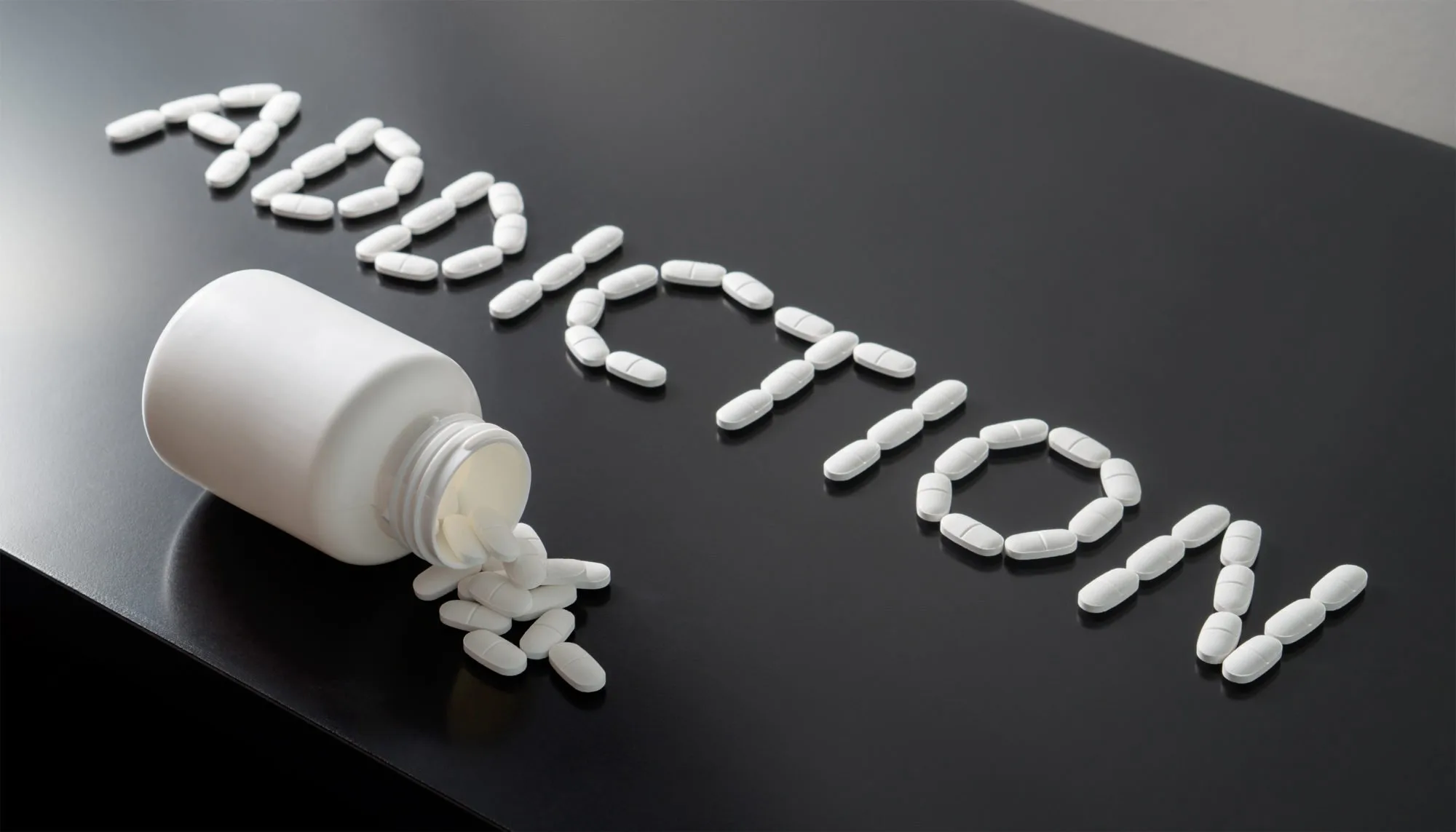You may have heard the phrase “genetics load the gun, environment pulls the trigger” when it comes to drug addiction.
This phrase highlights two of the biggest factors that make developing a drug addiction more likely: your genetics and your environment. Let’s delve into the ins and outs of addiction, and help you read early warning signs that you or a loved one may be susceptible. Longevity Live Paid Content.
Your Genetics
The first factor is your genetics, which includes both biological and inherited traits passed down from family members.
For example, if you are born with a predisposition for mental health issues like depression or anxiety, you may be more likely to develop an addiction in order to self-medicate those symptoms.
Additionally, some people naturally produce lower levels of dopamine – one of our body’s primary reward hormones – making them more susceptible to seeking out dopamine-inducing substances like drugs in order to feel pleasure or happiness.

Natali_ Mis/Shutterstock
Your Mental Health
Mental health can also play an important role in drug abuse and addiction by influencing how much stress we experience in our daily lives, as well as how effective we are at coping with it.
People who have low self-esteem often turn toward substances for comfort; likewise, those dealing with chronic depression might use drugs as a way of escaping their reality temporarily, instead of addressing root causes directly through therapy or other means, such as medication.
Your Social Circles
Last but not least is social circles: having friends who already use drugs can be very tempting and make someone who has never used them before want to try something new just because everyone else around them is doing so too. Peer pressure is the most powerful substance of all.
Even if they’re not actively encouraging us to take part, there’s still pressure from feeling left out if all our friends are using while we abstain.
This kind of peer pressure can lead people down dangerous paths faster than anything else due to a lack of proper knowledge about the potential consequences associated with substance abuse.
How Rehab Works
Participating in a drug and alcohol rehab program at a facility like Fort Wayne Recovery gives you a way to step back from the precipice if you’ve suffered from substance abuse issues in the past.
Rehab, or rehabilitation, is the process of receiving treatment for drug addiction. This typically includes a combination of detoxification to rid your body of drugs and alcohol, therapy sessions, counseling, and support groups to help you manage cravings as well as any emotional issues that may be contributing to your addiction.
The goal is to provide you with the resources necessary for a successful recovery and to lead a healthier lifestyle free from drugs. So if you’re worried about heading down this path, there’s always a way back.
Why Recovery Is Not a Linear Process
Recovery is not easy, and it’s important that anyone engaging in rehab understands this before embarking on their journey – it can be unpredictable at times!
It requires patience, dedication, and lots of hard work; there will be days when we feel like giving up, but if we stay focused on our goals then eventually those feelings will pass.
Additionally, relapse can happen even after long periods sober, so be prepared mentally and emotionally beforehand helps us cope better with these challenges along our path to sobriety.
The Bottom Line
Ultimately, developing an addiction isn’t something that happens overnight; rather it’s a gradual process driven by multiple factors such as genetics, mental health, social circles, and even the addictiveness of the substances involved.
However, no matter what led us to a state of addiction, seeking professional help through rehab programs gives us a chance to break the cycle, while also providing invaluable tools needed to maintain successful recovery over time.



![women [longevity live]](https://longevitylive.com/wp-content/uploads/2020/01/photo-of-women-walking-down-the-street-1116984-100x100.jpg)










